By Barrington M. Salmon, The Washington Informer
One year after the far-right majority of the U.S. Supreme Court eviscerated Roe v. Wade, overturning almost 50 years of settled law, the blast radius from this calculated act has spread far and wide and continues to roil the country.
Michael Caruso, CEO and publisher of The New Republic shared his views on what the Republican Party, their rightwing allies and others have unleashed on the country.
“Meanwhile, out in the rest of America, the crisis is getting worse by the day. In the last year, Republicans have enacted abortion bans in 16 states – nearly half of which have no exceptions in cases of rape or incest – and they are trying to quickly add more,” Caruso said in a fundraising appeal. “Studies show half of Americans don’t know if medicated abortion is legal or not. And Republicans are now working to deny access to the widely used abortion drug mifepristone – even in states where it is perfectly legal – and to introduce a national ban in Congress.”
The result, Caruso said, is turmoil and a human toll of a kind not seen in recent times. Girls, some as young as 10, who have been raped by their fathers, uncles and other men around them, are being forced to have babies. Twenty-two states, with Republican-dominated legislatures, have banned abortions, others have almost-total bans, and in states like Georgia and Florida, abortions are banned after six weeks of pregnancy, a time when most women don’t even know they’re pregnant.
According to the New York Times, nine states, including Missouri, Kentucky and Alabama, have abortion bans with no exceptions for rape or incest. In Mississippi, it’s near-total ban has an exception for rape but not incest. Already, states where abortion is most limited are reporting increased rates of infant and maternal deaths and a concerning spiral of economic insecurity.
“All of this is having devastating consequences on a scale unknown for the last 50 years. Women are being forced to endure the trauma of giving birth as the result of rape or incest, and miscarriage patients are being denied lifesaving medical treatment,” he said. “Many people cannot scrape together the money for a long journey to a state where abortion is still legal, and some of those who can make the trip could face criminal charges for having a legal medical procedure.”
The ability to access abortions has always disproportionately affected Black and non-white women. According to the Centers for Disease Control and Prevention (CDC), Black women account for almost 40% of all American abortions, despite African-Americans comprising 12% of America’s population. Black women routinely face racism inside and out of the medical community, sexism, lack of access to quality education and well-paying jobs. Often adding to the mix is: redlining, restrictive covenants, financial institutions denying Black families loans and pervasive and persistent racial inequities with the end-result being Black families living in or adjacent to poverty.
According to the CDC, African-American women are three to four times more likely to die of complications from pregnancy than white women, regardless of their social status, economic standing or education. In addition, infants born to Black mothers are dying at twice the rate of infants born to non-Hispanic white mothers. Meanwhile, a Black woman is 22% more likely to die from heart disease than a white woman, 71% more likely to perish from cervical cancer, and 243% more likely to die from pregnancy or childbirth-related causes, according to Eastern Virginia Medical School.
“The United States bears the worrying distinction as “deadliest nation” in the industrialized or “developed world” to be pregnant,” said Dr. Michele Bratcher Goodwin in testimony before the Senate Judiciary Committee in June 2023. “Nationwide, as noted by Justice Breyer, “childbirth is 14 times more likely than abortion to result in death.” As reported by Nina Martin and Renee Montagne, “more American women are dying of pregnancy-related complications than any other developed country.” In fact, “only in the U.S. has the rate of women who die been rising.”
In fact, said Bratcher, an author, advocate and Abraham Pinanski Visiting Professor of Law at Harvard Law School, “a review of data collected by the United States Central Intelligence Agency provides evidence that it is safer to be pregnant and give birth in Iran, Tajikistan, and Bahrain than in the United States.
“In Mississippi, a woman is 118 times more likely to die by carrying a pregnancy to term than by having an abortion. According to the Mississippi Maternal Mortality Report, Black women accounted for “nearly 80% of pregnancy-related cardiac deaths” in that state.”
Political commentator author and consultant Dr. Avis Jones-DeWeever, said in an interview last year that the court ruling, the hysteria driving the anti-Critical Race Theory crowd and efforts by far-right Republicans to further disembowel the Voting Rights Act represent a cultural, social and political backlash.
“White people are experiencing trauma and understand that they are an emerging minority, said Jones-DeWeever, a diversity consultant and women’s empowerment expert. “They’re thinking they can force white women to have white babies, but white women will find ways to get abortions. This could actually accelerate the ‘browning of America.’”
Racism and classism already serve as formidable obstacles to the progress of Black and brown women, non-whites and marginalized communities, reproductive rights activists say. And the loss of abortion rights and access to safe, legal and affordable abortions will produce devastating consequences for African-American women.
We need to expand the Supreme Court because they can do damage for a long time.
JONES-DEWEEVER, PRESIDENT AND CEO OF INCITE UNLIMITED
Michelle Marks-Osbourne, a minister, scholar and activist, said she’s deeply dismayed by what she described as America’s descent into fascism.
“From my perspective as a minister and a Christian, them overturning Roe v. Wade and the joy exhibited in pulling apart the lives of women and children exposes American Christianity,” said Marks-Osbourne, an equity strategist and founder of the Marks-Osbourne Group, LLC. “When it comes to life, women are suing because they almost died.”
Marks-Osbourne castigated people who claim to be Christians but who revel in cruelty and punishing the most vulnerable in society.
“They cut SNAP and TANF, don’t support a living wage, and have no care for their neighbor in a Biblical fashion,” the North Carolina resident said. “This concerns me. That’s why I am pro-choice.”
Marks-Osbourne said Roe v. Wade had exposed these so-called Christians for the frauds they are.
“You have to come to people where they are, wherever they are. We need to show mercy and compassion. Roe has shown that it’s not there. Roe shows that we have a minority of 20 percent who are dictating this country’s direction and causing a grave amount of harm.”
Marks-Osbourne said white Christians exegetically interpret Scriptures “in the same way they did in slavery.”
“It’s a warped version of faith to do harm under the banner of love,” said Marks-Osbourne, who said she proudly embraces the label of disruptor. “These are people who force laws to be passed and people who stay silent and do nothing. This parallels Nazi Germany. As I think about the anniversary, I actually weep for women who need abortion care as healthcare.”
Yet even as Marks-Osbourne laments what anti-abortion forces have wrought, she and other advocates are fighting to confront and beat back the forces of regression, to hold ground and attempt to reverse the Supreme Court’s considerable damage.
Poll numbers from a variety of sources indicate how unpopular the Roe reversal is nationally.
According to a new NBC News poll, 61% of Americans oppose the Supreme Court decision. That includes 92% of Democrats, 60% of independents and 31% of Republicans. In that same poll, pollsters found that 80 percent of women 18 to 49 oppose the ruling.
“The anger, enthusiasm and fury hasn’t diminished. They are fighting against their rights being taken away,” said former Biden Press Secretary Jen Psaki, host of ‘Inside with Jen Psaki.’ “Women’s health and the right to healthcare is a fundamental right that was taken away. The GOP didn’t predict the length or scope of the backlash.”
In the year since the high court’s fateful decision, Republicans have lost election after election, primary and judicial races and the midterms.
Jones-DeWeever, president and CEO of Incite Unlimited, LLC, said seeing what the Supreme Court has done is infuriating because Black women and girls will suffer and be disproportionately hurt, maimed and killed since they lack the resources to travel for an abortion, or in many cases, pay for the procedure.
“We should also understand that this is just the beginning. If they are bold enough to overturn 50 years of precedent, what next? We’re screwed,” she said. “We need to expand the Supreme Court because they can do damage for a long time. If there is a bright side to this, it is that this might save Democrats in (future elections).”
_____
This post was originally published on The Washington Informer



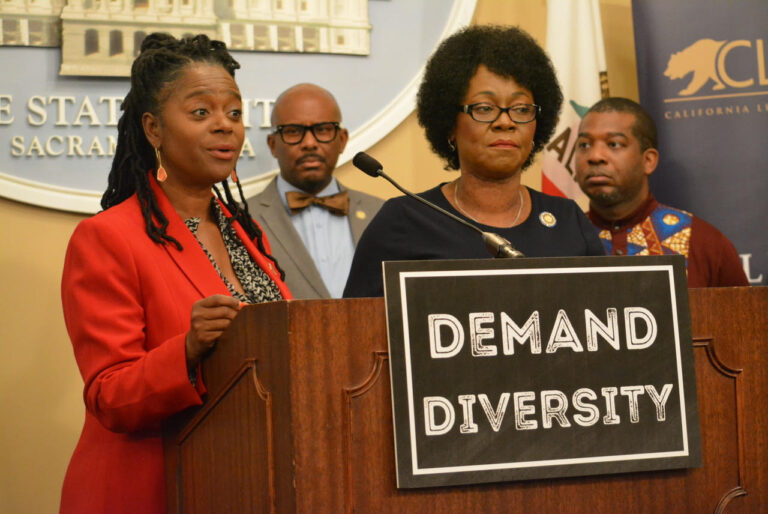





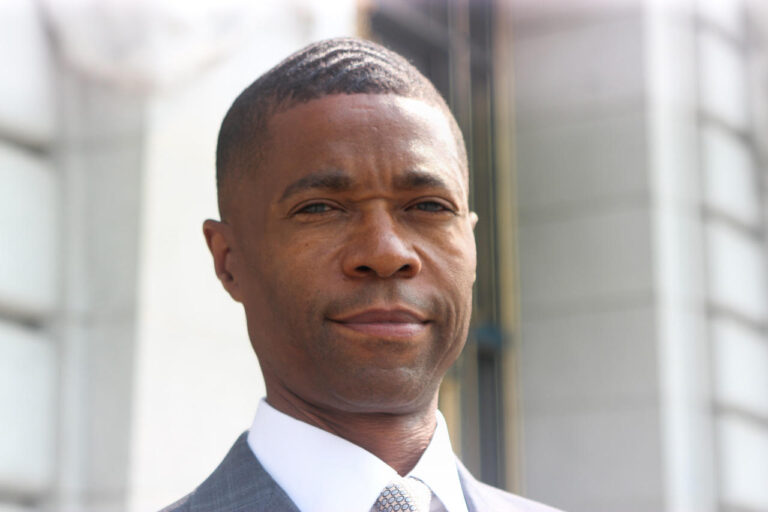
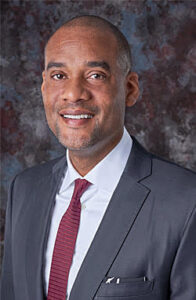


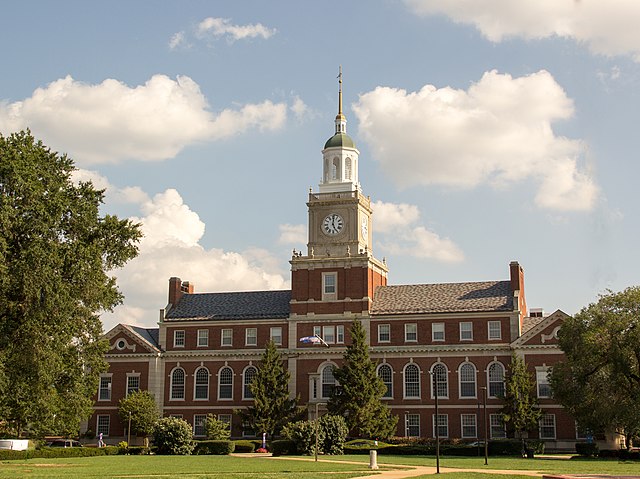
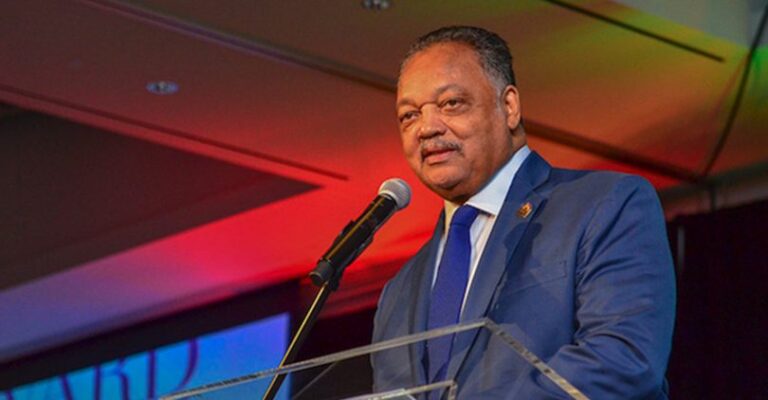
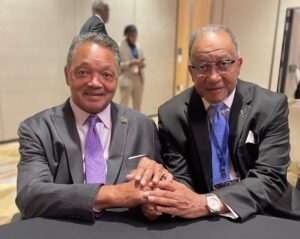
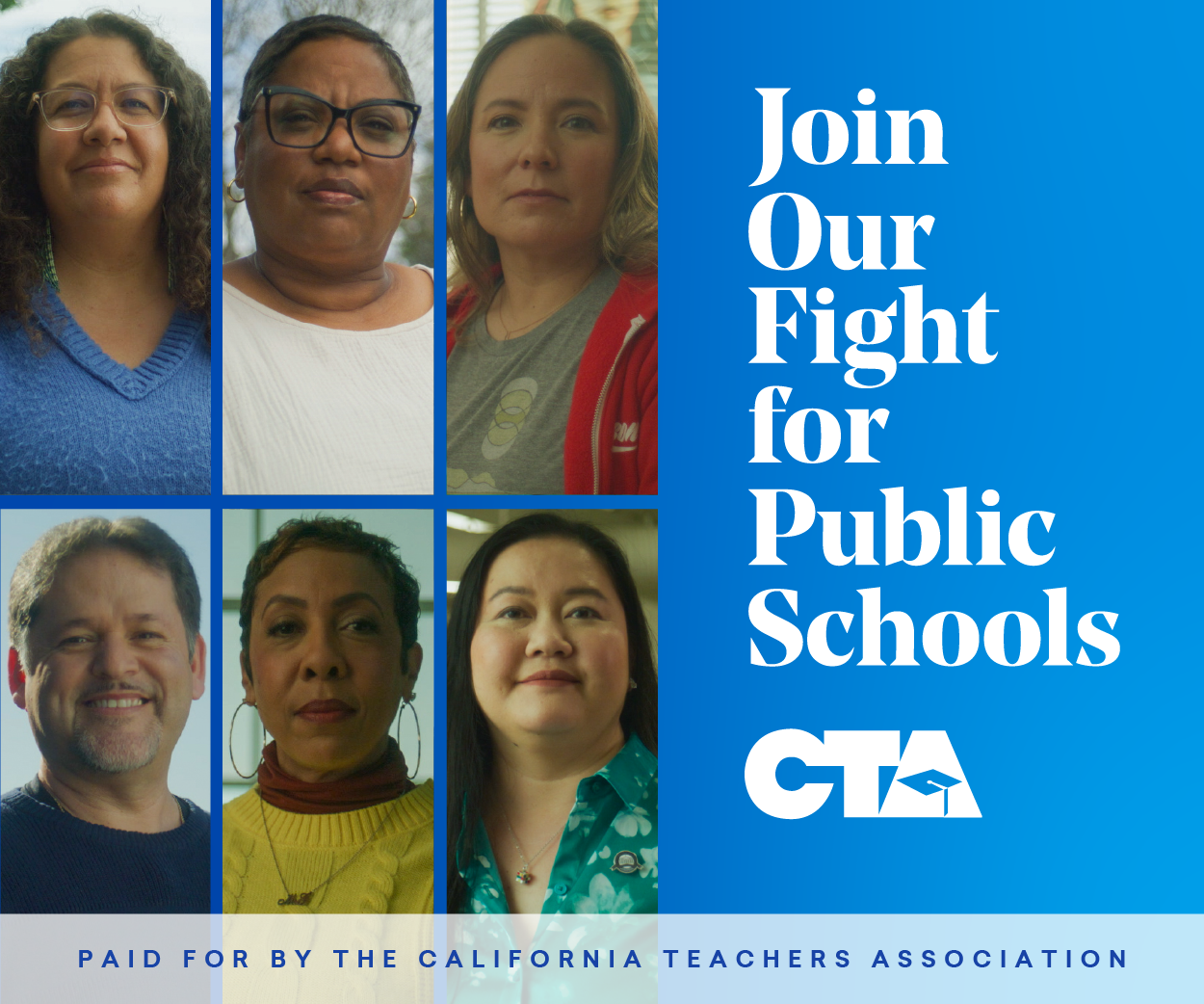


 Video Of The Week
Video Of The Week
